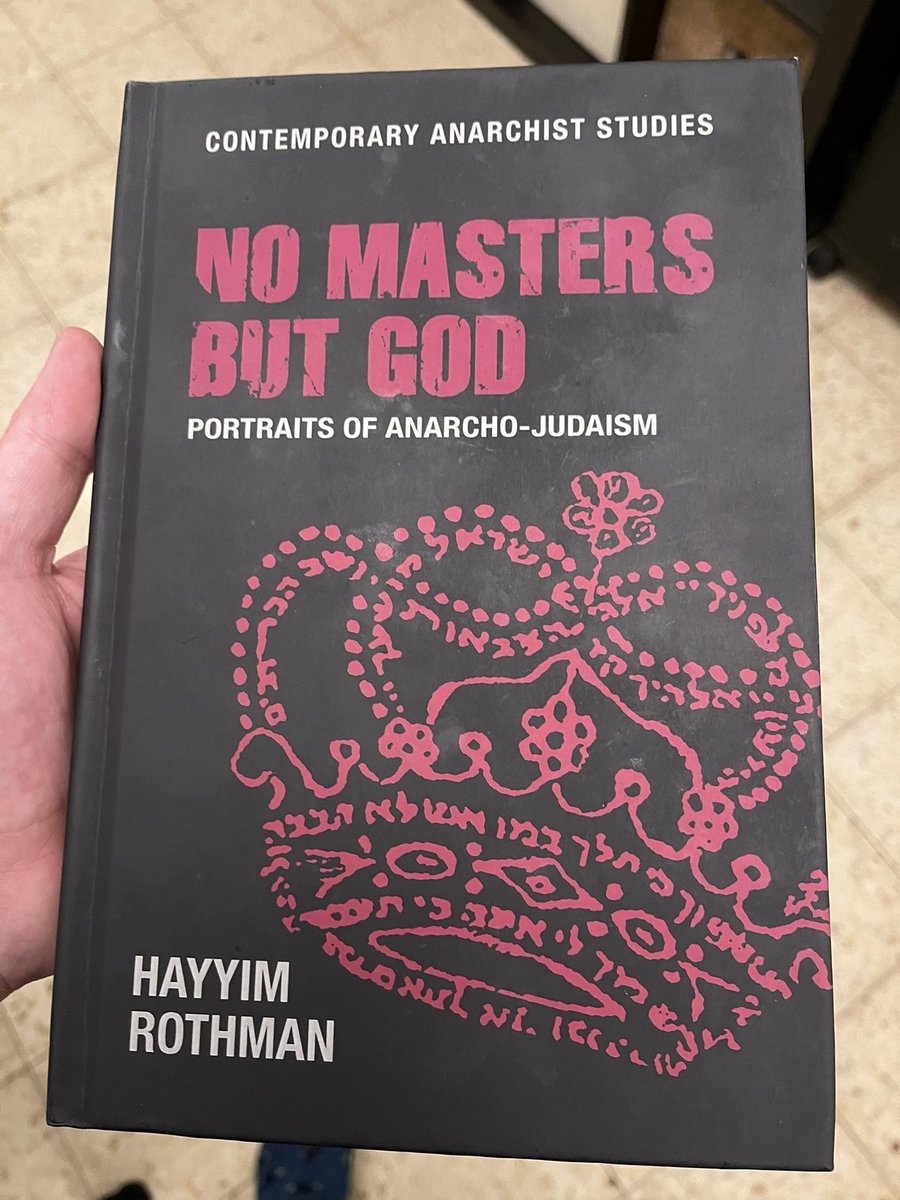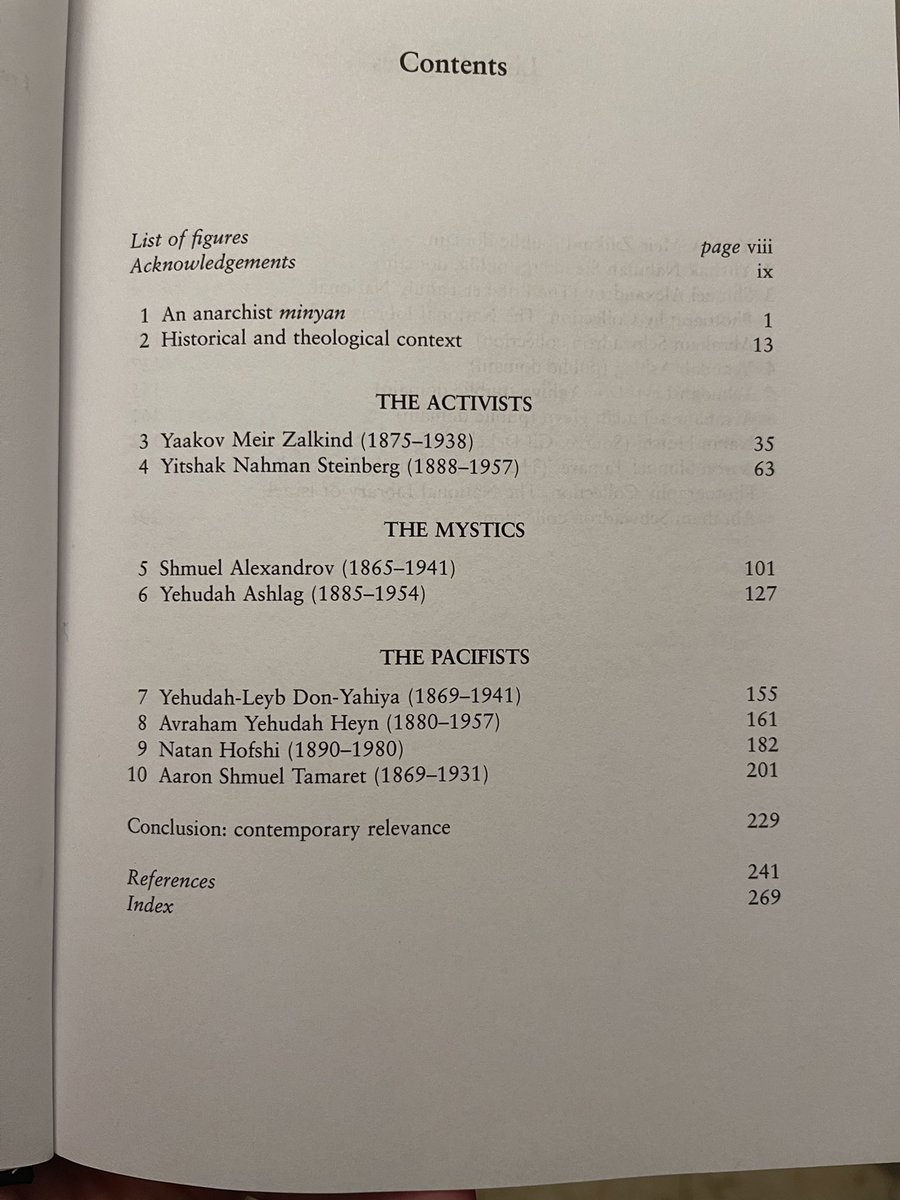
Rav Soloveitchik’s _The Lonely Man of Faith_ is deeply marked by his excitement about space travel. David Schatz notes this in his foreword to the 2006 Doubleday edition:
2/
2/

But Schatz’s comment doesn’t capture just how often space travel comes up, both in describing Adam 1 and in contrasting him with Adam 2. Here’s just a few examples:
3/



3/




It’s all over his roughly contemporary essay, “Majesty and Humility,” as well. Space travel even stands in as a symbol for man’s technological, creative, “majestic” capacities more generally.
4/

4/


LMOF very much of its moment, in this sense. It originates in the 60’s—the heart of the SPACE RACE™️©®
5/
5/
That being said, it’s almost surprising that Rav Soloveitchik doesn’t make a bigger deal about the anti-communist role space travel held in American culture. He was deeply anti-communist, and not shy about it.
6/
6/
He was a strong supporter of the Vietnam War, in public disagreement with his brother about it. (Image from David Luchins’ chapter in _Mentor of Generations_, ed. Rakeffet)
7/
7/

His anti-communism was of a piece with his anti-fascism and his flirtations with anarchism—he was anti-totalitarian and pro-individual across the board.
8/


8/



So if he’s broadly anti-communist, and talking about space travel in LMOF, why doesn’t he talk about the Space Race? Or at least give Soviet Russia as an example of “demonic” Adam 1?
9/
9/
In fact, we’ve already seen one mention of the Russians (“atheist cosmonaut”) and it’s broadly positive (though not entirely; he’s contrasting the “dignified” Adam 1 with the (redeemed” Adam 2):
10/
10/

The answer, of course, is that RAv Soloveitchik takes aim at a different form of totalitarianism in LMOF: totalitarian culture, rather than totalitarian government.
Demonic Adam 1 in LMOF is not the oppressive regime but the success-obsessed culture that suppresses Adam 2.
11/
Demonic Adam 1 in LMOF is not the oppressive regime but the success-obsessed culture that suppresses Adam 2.
11/

He’s not concerned in LMOF with the government that won’t let yourpractice your religion. He’s concerned about the culture that says religion is great because it makes you a better worker, or looks great on a resume (credit to @nytdavidbrooks for the Adam 1-resume connection)
12/
12/
In short, LMOF doesn’t mention the Space Race because it’s the obsession with winning he is trying to attack. The Space Race is just one example of a broader phenomenon—not uniquely American but that’s the culture in which he lived. And that’s the “demon” haunting LMOF.
13/13
13/13
Correction: edited by @zev_eleff
@threadreaderapp unroll please
• • •
Missing some Tweet in this thread? You can try to
force a refresh














